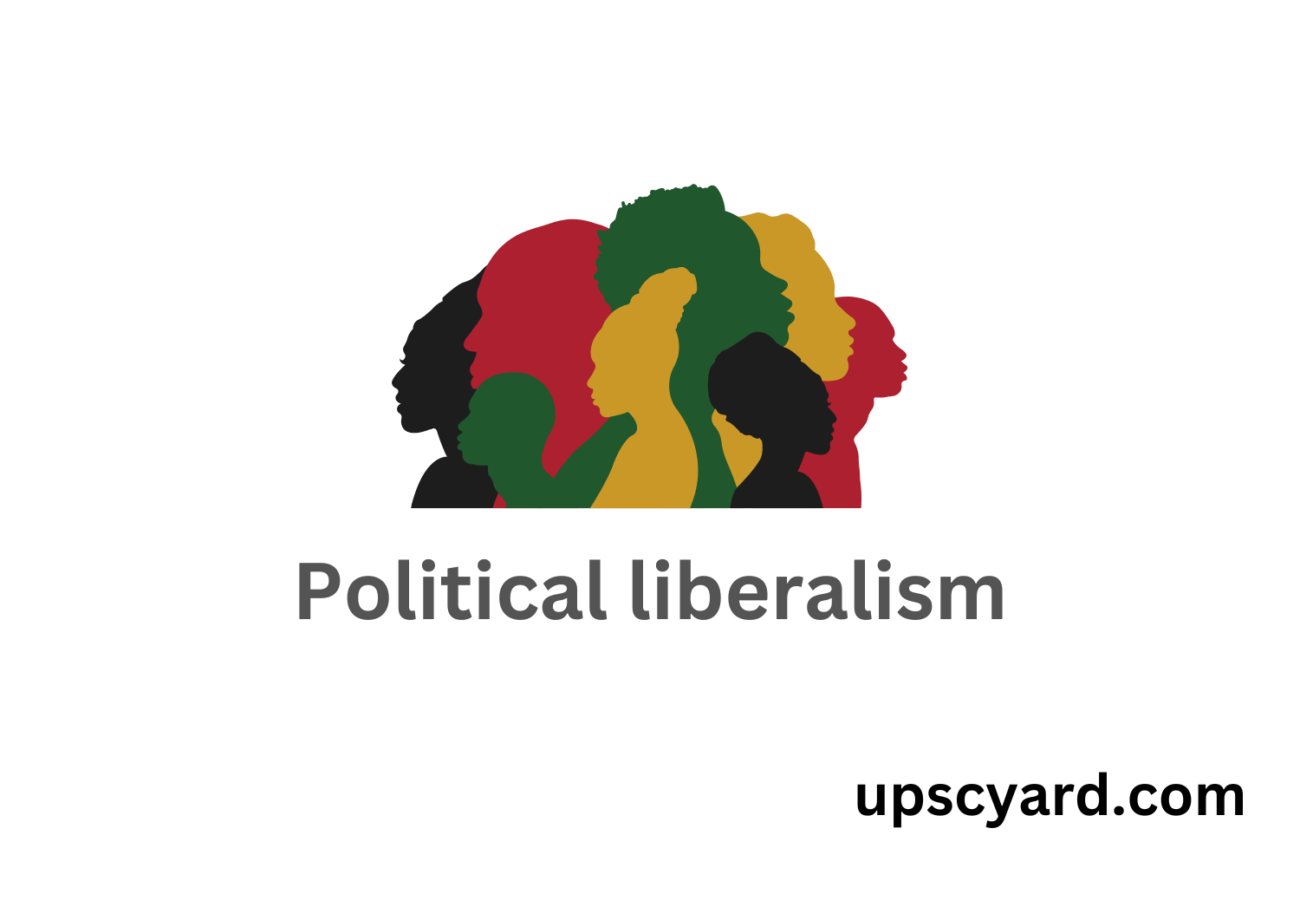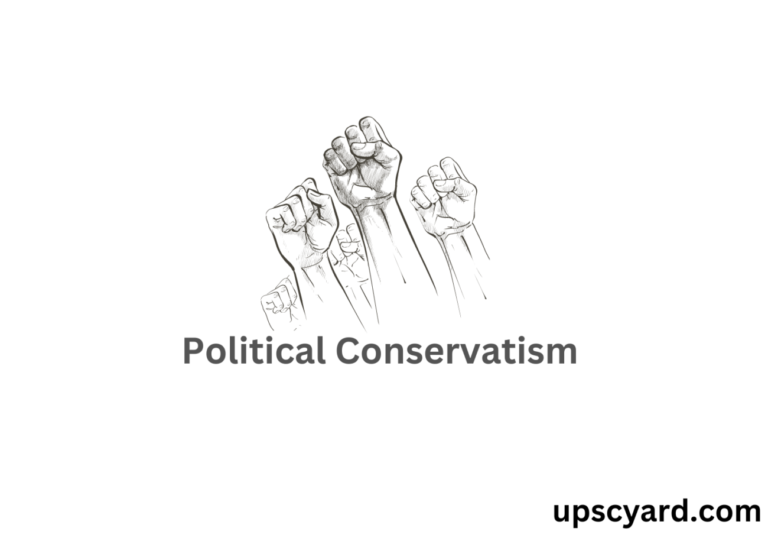Political liberalism
Liberalism broke away from many traditional beliefs that once dominated theories of government, like the Divine Right of Kings, inherited social status, and established religious practices. A significant aspect of liberal ideology is social progressivism, which argues that customs lack inherent value and societal norms should be continually adapted for the betterment of humanity.
Within the realm of liberalism, two major streams of thought frequently vie for the label “liberal” and often find themselves at odds due to differing interpretations of freedom. Classical liberals maintain that true freedom is primarily the absence of coercion, and they define freedom as protection from external pressures. Consequently, they view state involvement in the economy as a form of coercive power that limits freedom when enforced through laws. They advocate for laissez-faire economic policies and resist the expansion of the welfare state.
On the other hand, social liberals contend that freedom extends beyond merely evading physical coercion and encompasses freedom from economic constraints. They argue that genuine freedom necessitates safeguards against both forms of coercion. Social liberals support positive rights such as the right to education, healthcare, fair wages, and the right to vote. They may also endorse legislation against discrimination, environmental pollution, and promote social welfare programs like unemployment benefits and housing assistance for the homeless. These efforts are often funded through progressive taxation.
These two strands of thought within liberalism can lead to lively debates and clashes on various issues, primarily due to their contrasting views on the nature of freedom and the role of government in securing it.
Liberalism and Democracy
The connection between liberalism and democracy can be captured by Winston Churchill’s well-known words, “…democracy is the worst form of Government except all those other forms…” In essence, democracy itself doesn’t inherently ensure freedom, but rather guards against the risk of a rule by the majority becoming oppressive. The term “liberal democracy” implies a more seamless fusion of these two ideals than actually exists.
Liberal thinkers aspire to replace absolute rule with limited government that operates with the people’s consent, hinting at democratic principles. Yet, the early architects of liberal democracies were wary of the potential for mob rule, and they embedded checks and balances into the constitutions of these democracies to curb governmental power. This was achieved by distributing authority across different branches of government.
For liberals, democracy isn’t a standalone objective, but a vital instrument to safeguard essential values like freedom, individuality, and diversity. It’s a means to an end – a way to ensure that these core principles are protected.
Liberalism and radicalism
In certain nations, there exists a progressive inclination within the realm of liberalism, which showcases a less rigid approach and a greater willingness to embrace democratic changes compared to conventional liberals.
In the United Kingdom, these Radicals align themselves with the more traditional Whigs to establish the Liberal Party. In other countries, these left-leaning liberal groups establish their own radical parties under various names (for instance, the Freisinn in Switzerland and Germany, and similar groups in Bulgaria, Denmark, Spain, the Netherlands, Argentina, and Chile). However, it’s important to note that not all radical parties stem from left-wing liberals. In French political discourse, a clear distinction is often drawn between liberalism and radicalism.
Liberalism and Totalitarianism
During the mid-20th century, liberalism embarked on a distinct self-definition that emerged in direct contrast to the concept of totalitarianism. The term itself was initially coined by Giovanni Gentile to portray the socio-political framework established by Mussolini. Later, Stalin extended its usage to encompass German Nazism. In the post-war era, this term evolved into a descriptive label attributed by liberalism to the shared traits of fascist, Nazi, and Marxist-Leninist regimes.
Totalitarian governments of this period aimed at achieving absolute centralized authority across all aspects of society, seeking stability and prosperity. They often justified this unwavering control by asserting that the very survival of their civilization was at stake. Opposing such totalitarian regimes gained immense significance within liberal and democratic ideologies.
In places like Italy and Germany, nationalist administrations interconnected corporate capitalism with state power, advancing the notion of their nations being culturally and racially superior. They propagated the idea that expansion would secure their rightful position on the global stage.
Contemporary Liberalism
Aspects:-
- Freedom
- Civil Rights
- Democracy
- Equality
- Neutral Government
- Free market
Neoliberalism
The shift away from government intervention during the 1970s brought forth a new term known as “neoliberalism.” This concept entails a strategy aimed at reducing trade barriers and internal market constraints while employing governmental authority to ensure the opening of foreign markets. Neoliberalism acknowledges a certain level of government engagement in the local economy, especially through a central bank empowered to generate fiat currency.
It’s worth noting that, during the 1990s, many social democratic parties embraced “neoliberal” economic approaches, including industry privatization and open markets, even though this stance disappointed a significant portion of their own supporters. Consequently, these parties have effectively become aligned with neoliberal principles. At times, “Neoliberalism” serves as a comprehensive label for the counter-socialist movement that swept through certain nations from the 1970s to the 1990s.
In its Thatcher, Reagan, and Pinochet incarnations, “Neoliberalism” aimed to shift away from a welfare-centric bureaucratic society towards a meritocracy that prioritizes business interests. This transformation aimed to facilitate a society where success is based on merit and business advancement takes precedence.



